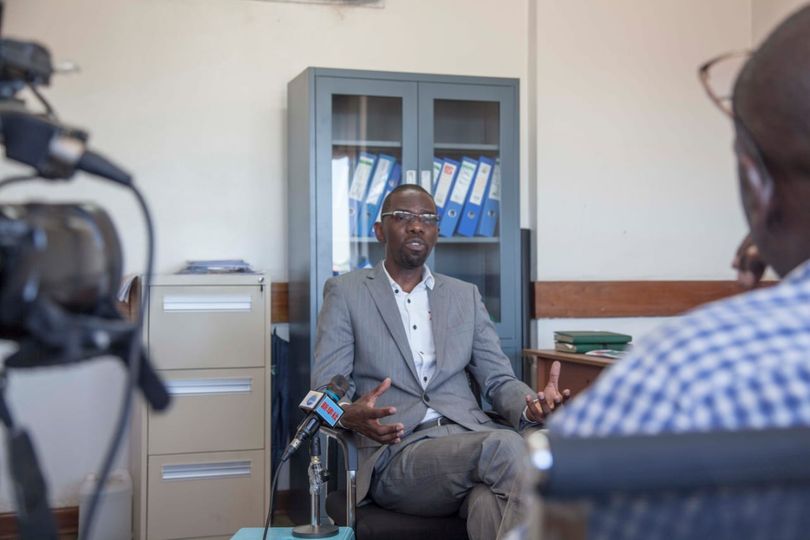Zambia’s Health Sector Needs Medical Trust Fund – Economist Chisanga
Zambia’s health sector urgently requires a “shock absorber” in the form of a medical trust fund to address growing challenges posed by reduced donor support and global policy shifts, says renowned economist Mr. Kelvin Chisanga.
Speaking in light of recent external funding cuts, Mr. Chisanga emphasized the need for Zambia to develop sustainable internal models to safeguard its healthcare system.
He proposed the establishment of a medical trust fund to help close the widening gaps in healthcare service delivery, particularly in areas affected by diminishing international aid.
“In the wake of donor support reductions, it is ideal to establish other anchoring models that can support the health sector. A medical trust fund would serve as a resilient financial cushion,” said Mr. Chisanga.
He noted that the global health financing landscape is shifting rapidly, causing ripple effects across developing countries, including Zambia. These changes are shrinking the available funding baskets for fighting critical diseases such as HIV/AIDS, cancer, and other non-communicable and terminal illnesses.
“As a matter of going concern, this fund must be accessible to all stakeholders and should work to fill the funding gaps left by declining external support,” he added.
Despite the health sector receiving an increasing share of the national budget in recent years, Mr. Chisanga cautioned that future budget allocations may decline, thus affecting the country’s ability to maintain and expand healthcare services.
He further stated that health is a cross-cutting social welfare priority, impacting multiple sectors of society. Therefore, proactive policy interventions are needed now more than ever.
“The removal of healthcare interventions has left behind visible gaps, especially in services for terminal diseases. A trust fund can act as a special vehicle to uplift, support, and stabilize the health sector,” he said.
Mr. Chisanga also stressed the importance of good governance in the proposed fund’s operations.
“This fund should be built on transparency and accountability. That is the only way to regain the confidence of cooperating partners and encourage reinvestment in Zambia’s health priorities,” he said.
He suggested that the proposed fund could complement the existing National Health Insurance Management Authority (NHIMA) and drive better health outcomes for Zambians by broadening access, improving care, and enhancing quality.



